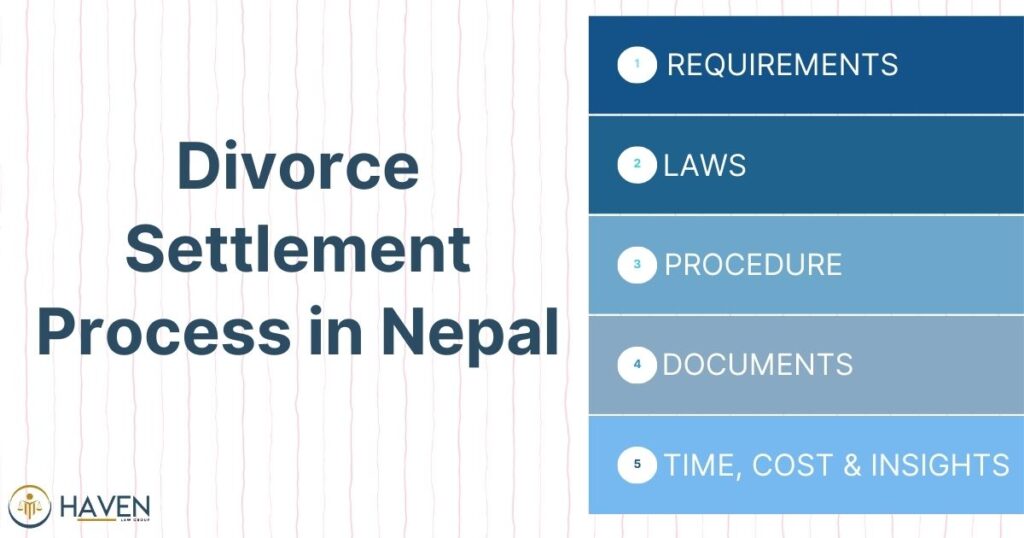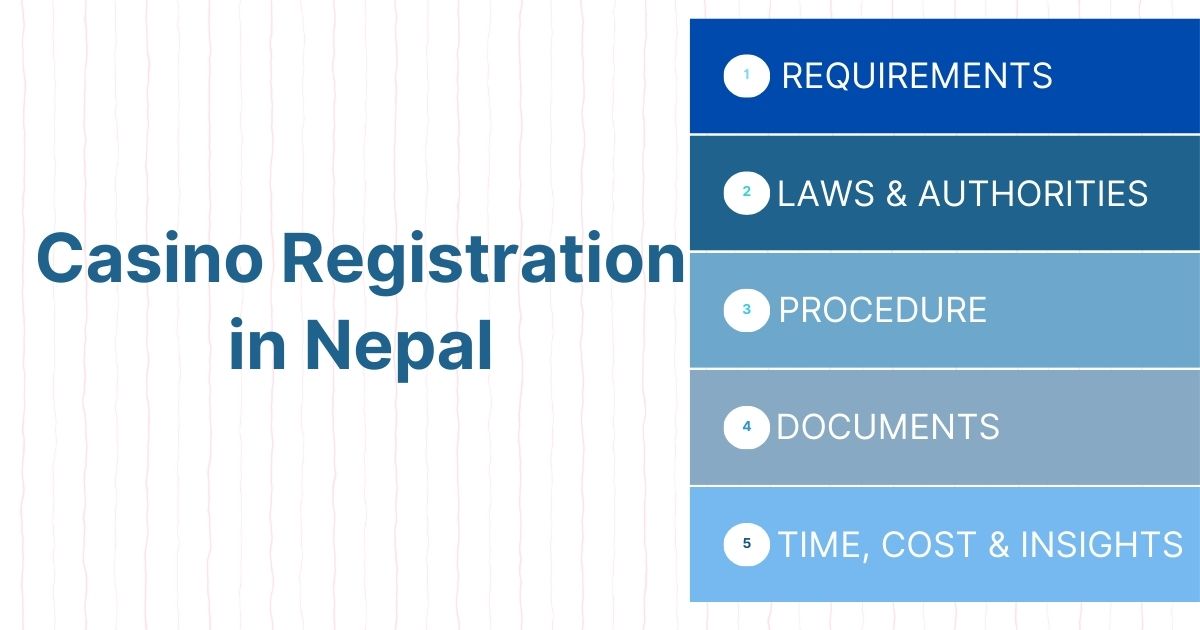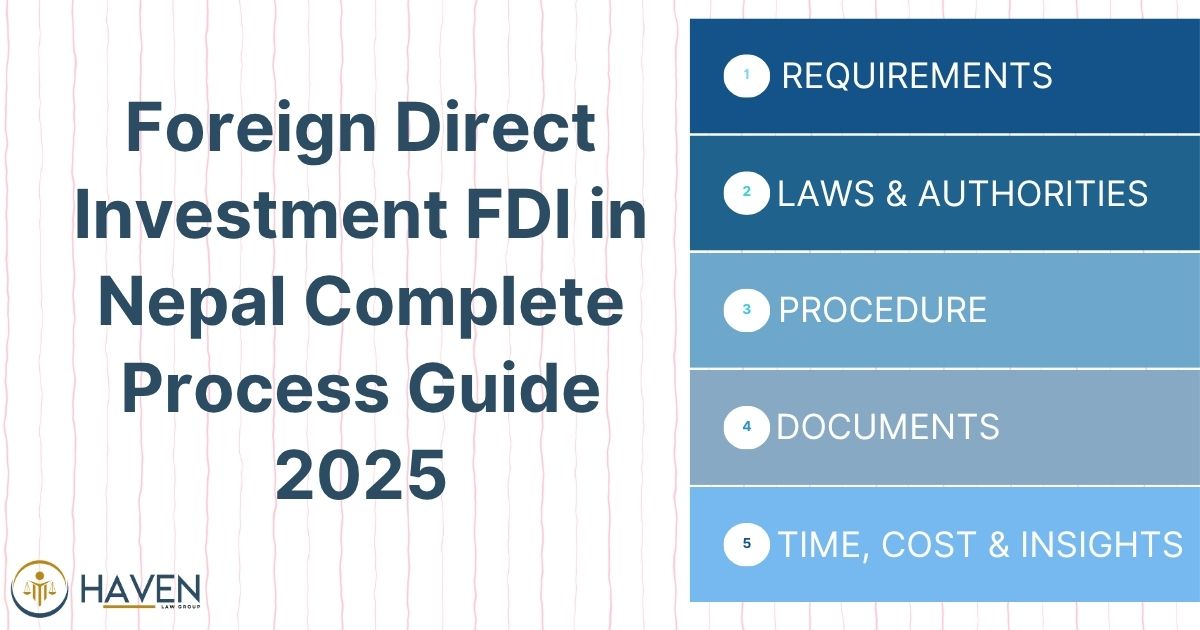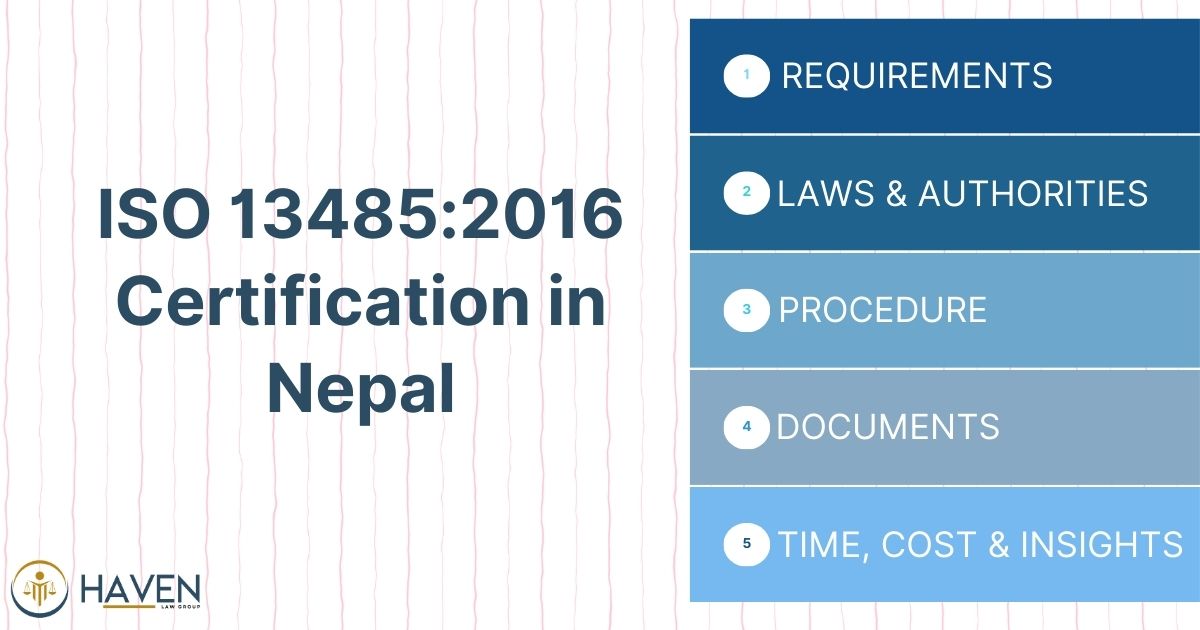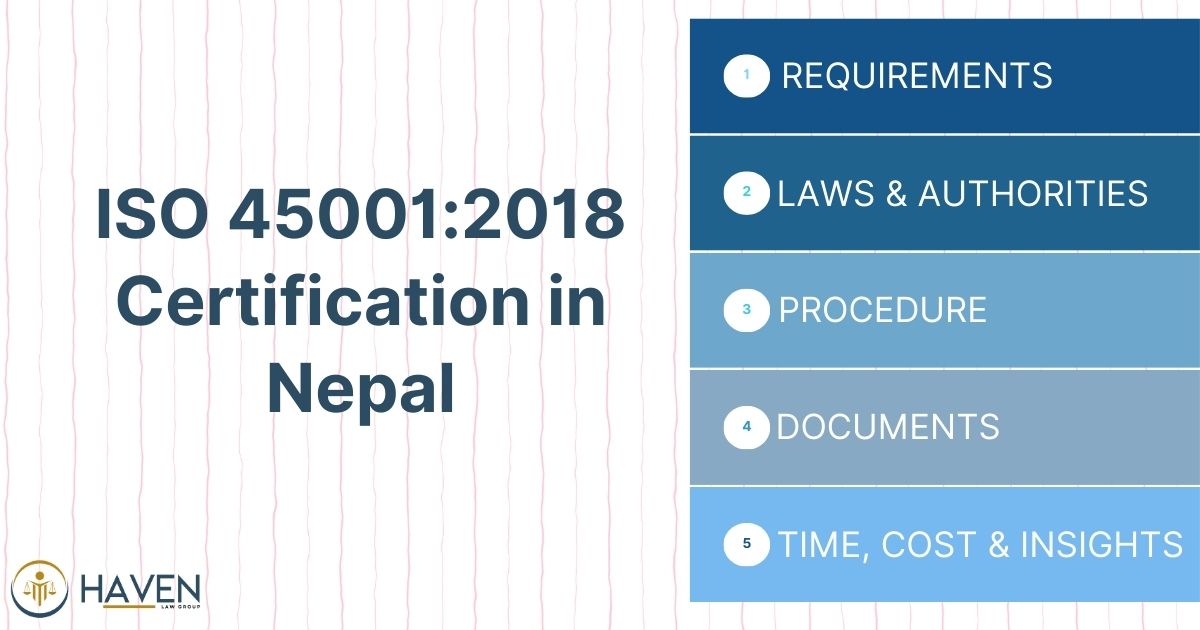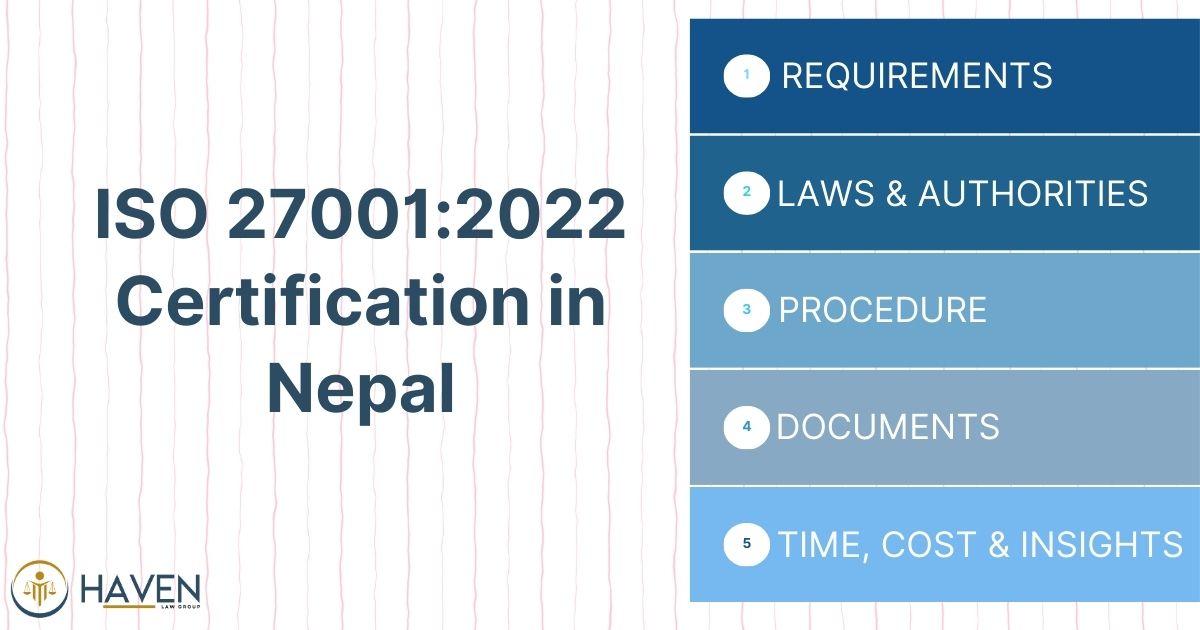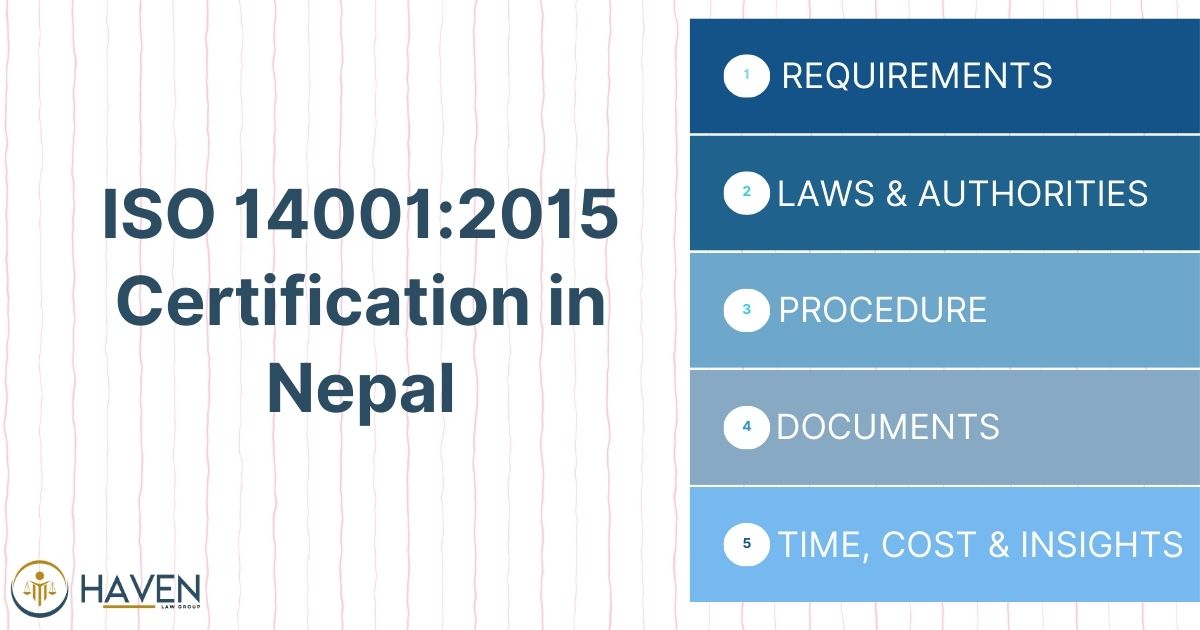What is the divorce settlement process in Nepal?
The divorce settlement process in Nepal involves several steps to legally dissolve a marriage and resolve related issues. The process typically begins with one spouse filing a divorce petition in the district court. Both parties then engage in negotiations to reach agreements on property division, alimony, child custody, and other matters. If an agreement is reached, it is presented to the court for approval.
If no agreement is possible, the court may order mediation or proceed to trial. The Muluki Ain (Civil Code) 2074 governs divorce proceedings in Nepal. The law emphasizes mutual consent and equitable distribution of assets. Parties may negotiate directly or through lawyers. The court reviews all settlements to ensure fairness before granting the divorce decree.
How is property divided during divorce in Nepal?
Property division during divorce in Nepal follows the principle of equitable distribution. The Muluki Ain (Civil Code) 2074 provides guidelines for asset division. Generally, property acquired during the marriage is considered joint property and subject to equal division. However, inherited property or assets owned before marriage may remain separate.
The court considers factors such as each spouse’s financial contribution, duration of marriage, and future earning capacity when determining a fair division. Non-monetary contributions, like homemaking, are also valued. If spouses cannot agree, the court has the authority to divide property. Pensions, businesses, and debts are also considered in the settlement. The goal is to ensure both parties can maintain a reasonable standard of living post-divorce.
Can alimony be negotiated in Nepal?
Alimony, known as “maintenance” in Nepal, can be negotiated during the divorce settlement process. The Muluki Ain (Civil Code) 2074 recognizes the right to alimony for a spouse who lacks sufficient income to maintain their standard of living. Factors considered in alimony negotiations include:
- Duration of marriage
- Income and earning capacity of both spouses
- Age and health of both parties
- Standard of living during marriage
- Contributions to family welfare
Alimony can be temporary or permanent, depending on circumstances. Parties can negotiate the amount, duration, and payment method. If an agreement cannot be reached, the court may determine alimony based on these factors. Alimony agreements can be modified later if there are significant changes in circumstances.
Are divorce settlements mandatory in Nepal?
Divorce settlements are not strictly mandatory in Nepal, but they are strongly encouraged by the legal system. The Muluki Ain (Civil Code) 2074 promotes amicable resolutions in divorce cases. While couples can proceed to trial without a settlement, courts often require attempts at negotiation or mediation before litigation. Settlements offer several advantages:
- Faster resolution of divorce cases
- Lower legal costs
- More control over outcomes
- Reduced emotional stress
- Confidentiality of personal matters
If parties cannot reach a settlement, the court will make decisions on all disputed issues. However, even during trial, judges may encourage parties to settle certain aspects of the divorce. The court must approve all settlements to ensure they are fair and comply with Nepali law.
How are child custody issues settled in Nepal?
Child custody issues in Nepal are settled based on the best interests of the child principle, as outlined in the Muluki Ain (Civil Code) 2074. Parents are encouraged to reach a mutual agreement on custody arrangements. Factors considered in custody settlements include:
- Child’s age and preferences (if old enough)
- Each parent’s ability to provide care
- Child’s relationship with each parent
- Stability of home environment
- Child’s education and social needs
- Any history of abuse or neglect
Joint custody is becoming more common in Nepal, allowing both parents to share responsibilities. The settlement should address physical custody (where the child lives) and legal custody (decision-making authority). Visitation schedules for the non-custodial parent are also determined. If parents cannot agree, the court may appoint a child welfare expert to assess the situation and make recommendations.
Is court mediation required for settlements?
Court-ordered mediation is not universally required for divorce settlements in Nepal, but it is increasingly common and encouraged. The Mediation Act 2068 (2011) provides a legal framework for mediation in civil cases, including divorces. Many district courts now offer mediation services to help couples reach agreements. While not mandatory in all cases, a judge may order mediation if:
- Parties are unable to negotiate directly
- There are complex issues to resolve
- The case has potential for an amicable settlement
Mediation offers several benefits:
- Neutral third-party assistance
- Confidential discussions
- Faster resolution than litigation
- Lower costs than a full trial
- More flexible and creative solutions
If mediation is successful, the resulting agreement is presented to the court for approval. If unsuccessful, the case proceeds to trial.
Can settlements be done without a lawyer?
Divorce settlements in Nepal can be negotiated without lawyers, but it is not recommended in most cases. The Muluki Ain (Civil Code) 2074 allows parties to represent themselves in court proceedings. However, the complexity of divorce laws and potential long-term consequences make professional legal advice valuable. Reasons to consider using a lawyer include:
- Ensuring all legal requirements are met
- Understanding rights and obligations
- Negotiating fair terms
- Drafting legally binding agreements
- Protecting interests in property division
- Navigating child custody issues
For simple, uncontested divorces with minimal assets, self-representation may be feasible. However, cases involving significant property, children, or disputes benefit from legal expertise. Some courts offer free legal aid services for those who cannot afford private lawyers.
Are prenuptial agreements valid in Nepal?
Prenuptial agreements are not explicitly recognized in Nepali law, and their enforceability is uncertain. The concept of prenuptial agreements is relatively new in Nepal’s legal landscape. While the Muluki Ain (Civil Code) 2074 does not prohibit such agreements, it also does not provide specific provisions for their enforcement. Factors affecting the validity of prenuptial agreements in Nepal include:
- Compliance with general contract law principles
- Fairness and full disclosure at the time of signing
- Voluntary agreement without coercion
- Alignment with public policy and existing laws
Courts may consider prenuptial terms during divorce settlements, but they are not bound by them. The best interests of children and principles of equitable distribution take precedence. Couples considering prenuptial agreements should consult with legal experts to understand their potential impact in Nepal’s legal context.
What happens if a settlement is contested?
If a divorce settlement is contested in Nepal, the case typically proceeds to trial. The Muluki Ain (Civil Code) 2074 outlines the process for disputed divorces. Steps in a contested settlement include:
- Filing of objections to proposed settlement terms
- Court-ordered attempts at reconciliation or mediation
- Presentation of evidence and witnesses
- Cross-examination of parties
- Consideration of expert opinions (e.g., child psychologists)
- Judicial decision on all disputed issues
The court has broad discretion to make rulings on property division, alimony, child custody, and other matters. Judges aim to ensure fair outcomes based on legal principles and the specific circumstances of each case. Contested settlements often result in longer proceedings and higher legal costs. Appeals of court decisions are possible but limited to specific grounds under Nepali law.
How long does the settlement process take?
The duration of the divorce settlement process in Nepal can vary significantly depending on several factors. On average, uncontested divorces with mutually agreed settlements may be finalized within 3-6 months. However, complex or contested cases can take 1-2 years or longer. Factors affecting the timeline include:
- Complexity of assets and property division
- Presence of child custody disputes
- Willingness of parties to negotiate
- Court caseloads and scheduling
- Use of mediation or alternative dispute resolution
- Need for expert evaluations (e.g., business valuations)
The Muluki Ain (Civil Code) 2074 mandates a 90-day reconciliation period after filing for divorce, which extends the overall timeline. Expedited processes may be available in cases of domestic violence or other urgent circumstances. Parties can often reduce the settlement duration by cooperating and providing prompt documentation.
Can settlements be revised later in Nepal?
Divorce settlements in Nepal can be revised under certain circumstances, as recognized by the Muluki Ain (Civil Code) 2074. Modifications are typically allowed for:
- Child custody and support arrangements
- Alimony or maintenance payments
- Property division in cases of fraud or concealment
To revise a settlement, the requesting party must demonstrate a significant change in circumstances or new information that was not available at the time of the original agreement. Common grounds for revision include:
- Substantial changes in income or financial status
- Relocation affecting child custody arrangements
- Discovery of hidden assets
- Changes in children’s needs or preferences
The court reviews revision requests carefully to ensure they are justified and in the best interests of all parties involved. Frivolous or frequent modification attempts are discouraged. Some aspects of settlements, particularly property divisions, are more difficult to revise once finalized.
Is the settlement process expensive in Nepal?
The cost of the divorce settlement process in Nepal can vary widely depending on the complexity of the case and the approach taken. Generally, uncontested divorces with agreed settlements are less expensive than contested cases. Factors affecting costs include:
- Lawyer fees (if representation is used)
- Court filing fees
- Mediation costs (if applicable)
- Expert witness fees (e.g., property valuations)
- Document preparation and translation costs
While exact figures vary, parties should budget for:
- Basic court fees: NPR 5,000 – 10,000
- Lawyer fees: NPR 50,000 – 200,000+ (contested cases)
- Mediation: NPR 10,000 – 30,000
Low-income individuals may qualify for free legal aid services provided by the government or NGOs. Some lawyers offer sliding scale fees based on income. Parties can reduce costs by cooperating, sharing information openly, and using mediation when possible. The overall expense should be weighed against the long-term financial implications of the settlement terms.
FAQs
1. Can settlements be enforced?
Yes, divorce settlements approved by Nepali courts are legally binding and enforceable. If a party fails to comply with settlement terms, the other party can file for enforcement through the court. Penalties for non-compliance may include fines, asset seizure, or even imprisonment in severe cases.
2. Are verbal agreements valid?
Verbal agreements in divorce settlements are generally not considered valid or enforceable in Nepal. The Muluki Ain (Civil Code) 2074 requires written documentation of divorce terms. To be legally binding, settlements must be in writing, signed by both parties, and approved by the court.
3. Does custody affect settlements?
Child custody arrangements can significantly impact other aspects of divorce settlements in Nepal. Custody decisions may influence property division, alimony, and child support calculations. Courts prioritize the best interests of children when approving settlement terms related to custody and financial support.
4. Are settlements faster than trials?
In most cases, negotiated settlements are faster than full divorce trials in Nepal. Settlements can be reached in months, while contested trials may take a year or more. Mediated settlements often offer the quickest resolution, allowing parties to avoid lengthy court proceedings and backlogs.
5. Can settlements be kept private?
Divorce settlements in Nepal offer more privacy than public trials. While court-approved settlements become part of the legal record, the negotiation process and detailed terms can remain confidential. Mediation proceedings are typically private. Parties can include confidentiality clauses in their agreements to protect sensitive information.
What is the legal process for divorce in Nepal?
The legal process involves filing a petition in district court, mediation attempts, evidence presentation, and court decree. Grounds like adultery or cruelty must be proven. Mutual consent simplifies the procedure.
How long does it take to get a divorce in Nepal?
Divorce timelines vary based on case complexity. Uncontested divorces may conclude in 3-6 months. Contested cases can extend 1-2 years or longer if appeals occur.
Can both husband and wife file for divorce in Nepal?
Yes, both spouses can initiate divorce proceedings in Nepal. The petitioner must provide valid grounds as per the Country Code (Muluki Ain).
How is property divided after divorce in Nepal?
Property division depends on contribution during marriage. Jointly acquired assets are typically split equally. Personal property usually remains with the original owner.
What rights does a wife have in property after divorce?
A wife can claim her share in jointly acquired property. She retains rights to her personal property and may receive alimony if financially dependent.
Is ancestral property included in a divorce settlement?
Ancestral property is generally not included in divorce settlements. It remains with the spouse who inherited it, unless jointly utilized during marriage.
Can a spouse claim property acquired before marriage?
Pre-marital assets typically remain separate property. However, if commingled or significantly appreciated during marriage, a portion may be subject to division.
Is alimony mandatory in Nepalese divorce law?
Alimony is not mandatory but may be awarded based on factors like financial need, earning capacity, and marriage duration.
How is alimony calculated in Nepal?
Alimony calculations consider the paying spouse’s income, recipient’s needs, standard of living, and other relevant factors. No fixed formula exists.
Can a working wife claim maintenance in Nepal?
A working wife can claim maintenance if her income is insufficient for self-support. The court considers her earnings and needs when determining awards.

